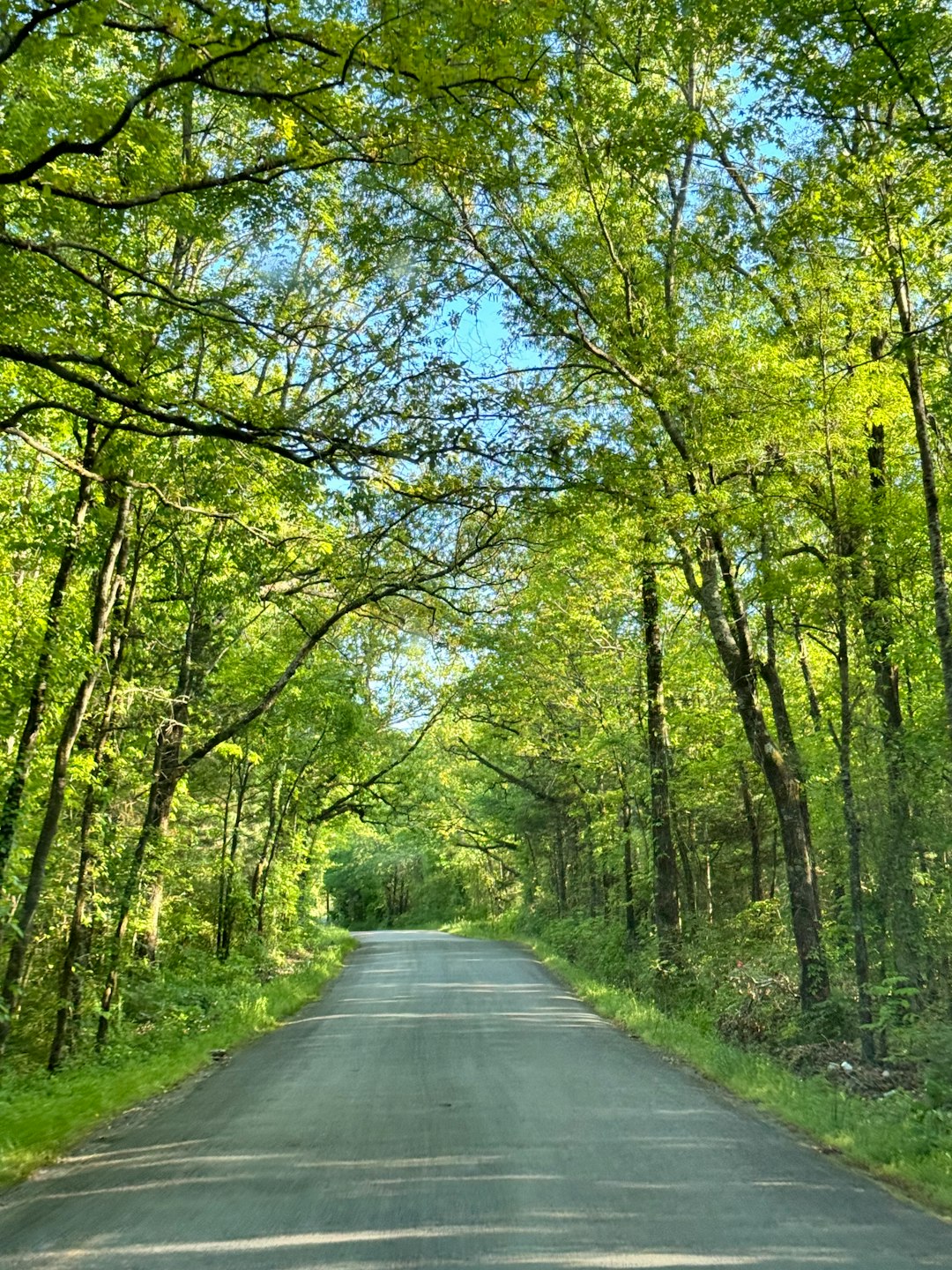Spam calls pose significant challenges for youth in Arkansas, affecting their mental health and privacy. To combat this issue, a multi-faceted approach is necessary. This involves educating young people about spam calls through workshops and seminars, simplifying legal concepts under the Telephone Consumer Protection Act (TCPA). Collaboration with Spam Call law firms specializing in TCPA cases enhances these efforts. Community events empower teens with practical tools like call blocking, while user-friendly apps teach them about Arkansas' spam call laws. Integrating education into school curricula and partnering with legal experts create a comprehensive strategy to engage youth in preventing spam calls, fostering digital well-being, and ensuring a safer communication environment in the state.
In Arkansas, spam calls pose a significant challenge, impacting the lives of local youth. This article explores effective strategies to engage young people in the fight against unwanted calls, empowering them with knowledge and tools. We delve into understanding the problem, building awareness about Arkansas’ spam call laws, organizing community events, leveraging technology, and collaborating with schools and legal experts. By combining these approaches, we aim to guide Arkansas residents, including youth, in stopping spam calls through a comprehensive, multi-faceted strategy involving both legal support from Spam Call law firms in Arkansas and community action.
Understanding the Problem: The Impact of Spam Calls on Arkansas Youth

Spam calls are a pervasive issue affecting youth across Arkansas, impacting their daily lives and well-being. With the sheer volume of unsolicited calls, many young Arkansans feel overwhelmed and disturbed, leading to increased stress and potential mental health concerns. These calls not only disrupt their personal time but also invade their privacy, making them feel less in control of their own space. The constant need to screen and block these calls can be exhausting, especially for teens who are already navigating the complexities of adolescence.
The impact extends beyond individual frustration; it reflects a larger societal problem. Arkansas youth, like many others across the nation, are often targets of aggressive marketing tactics, leaving them feeling exploited and frustrated. This is particularly concerning given the rise in sophisticated spam call technologies that use automated systems to make mass calls, making it harder for individuals to differentiate between legitimate communications and unwanted solicitations. As such, it’s crucial to educate and empower Arkansas youth with strategies to combat these issues, ensuring their digital well-being and peace of mind.
Building Awareness: Educating Young People About Spam Call Laws in Arkansas

In Arkansas, engaging local youth in spam call prevention begins with education. It’s crucial to make young people aware of the state’s strict Spam Call laws and their rights under the Telephone Consumer Protection Act (TCPA). Schools, community centers, and local non-profits can play a vital role in hosting workshops, seminars, and interactive sessions that break down complex legal concepts into simple, relatable terms. These educational initiatives should cover how to recognize spam calls, the legal consequences of making or receiving such calls, and the steps individuals can take to protect themselves. By empowering young Arkansans with knowledge, they become more active participants in preventing and reporting spam calls.
To amplify these efforts, collaborate with Spam Call law firms and lawyers specializing in TCPA cases in Arkansas. These professionals can offer real-world insights into the impact of spam calls and the effectiveness of various prevention strategies. They can also provide resources tailored to local laws, ensuring that youth understand their legal options and obligations. This partnership not only informs but also inspires young people to take a proactive stance against spam calls, making them champions for a more peaceful and less intrusive communication environment in Arkansas.
Engaging Through Community Events: Creating Interactive Learning Opportunities

Engaging local youth in spam call prevention activities can be a game-changer when it comes to building a more tech-savvy and aware community in Arkansas. Community events provide an excellent platform to educate young people about the impact of unwanted calls, texts, and messages. These gatherings can include interactive workshops, demonstrations, and presentations that break down complex concepts like the Telephone Consumer Protection Act (TCPA) into digestible, relatable information. By participating in such events, a local spam call law firm or lawyers specializing in TCPA cases can offer practical tips and insights on how to identify and report spam calls, fostering an environment where youth feel empowered to take charge of their digital privacy.
Furthermore, these events can incorporate hands-on activities like simulating call blocking techniques, creating do-not-call lists, and even developing simple apps or tools that promote responsible tech usage. Engaging in such interactive learning opportunities not only makes the process enjoyable but also ensures that youth retain valuable knowledge about protecting themselves from spam calls. It’s a step towards building a digital culture where awareness and proactivity are the norm, making Arkansas a safer place for residents to navigate the ever-evolving digital landscape.
Utilizing Technology: Apps and Tools to Block and Report Spam Calls

In today’s digital age, young Arkansans are well-versed in technology, making it an excellent resource to engage them in spam call prevention. There are numerous user-friendly apps and tools designed to block and report unwanted spam calls, empowering individuals to take control of their communication. For instance, popular options like NoCall or StopNuisance allow users to register their phone numbers and automatically filter out known spam callers. These applications also provide reporting features, enabling youth to contribute to a collective effort to identify and combat persistent spam call sources.
Moreover, leveraging technology offers an educational opportunity. By utilizing these apps, young people can learn about the intricacies of spam call laws in Arkansas, such as the TCPA (Telephone Consumer Protection Act). Engaging with technology-based solutions not only helps them stay safe from nuisance calls but also fosters awareness of their legal rights and responsibilities in combating spam calls, potentially leading to a more informed and proactive community.
Collaboration with Schools and Legal Support: A Multi-Pronged Approach for Effective Prevention

Collaboration between schools and legal support is a powerful multi-pronged approach to effectively engage local youth in spam call prevention activities. Schools can integrate education on spam calls, their impact, and ways to protect against them into existing curricula, empowering students with knowledge from an early age. This can include workshops, presentations by legal experts, or even guest speakers who have experienced the effects of spam calls firsthand. By involving students directly in these discussions, schools foster a sense of agency and encourage proactive participation in combating this modern nuisance.
Furthermore, partnering with a local law firm specializing in TCPA (Telephone Consumer Protection Act) cases can provide crucial legal support. These firms can offer insights into the latest spam call trends, tactics for prevention, and guidance on reporting violators. They can also sponsor educational events, ensuring students understand their rights and the legal avenues to pursue if they become victims of spam calls. This collaboration creates a comprehensive strategy that educates youth while leveraging professional expertise to create a more robust defense against unwanted spam calls in Arkansas.






